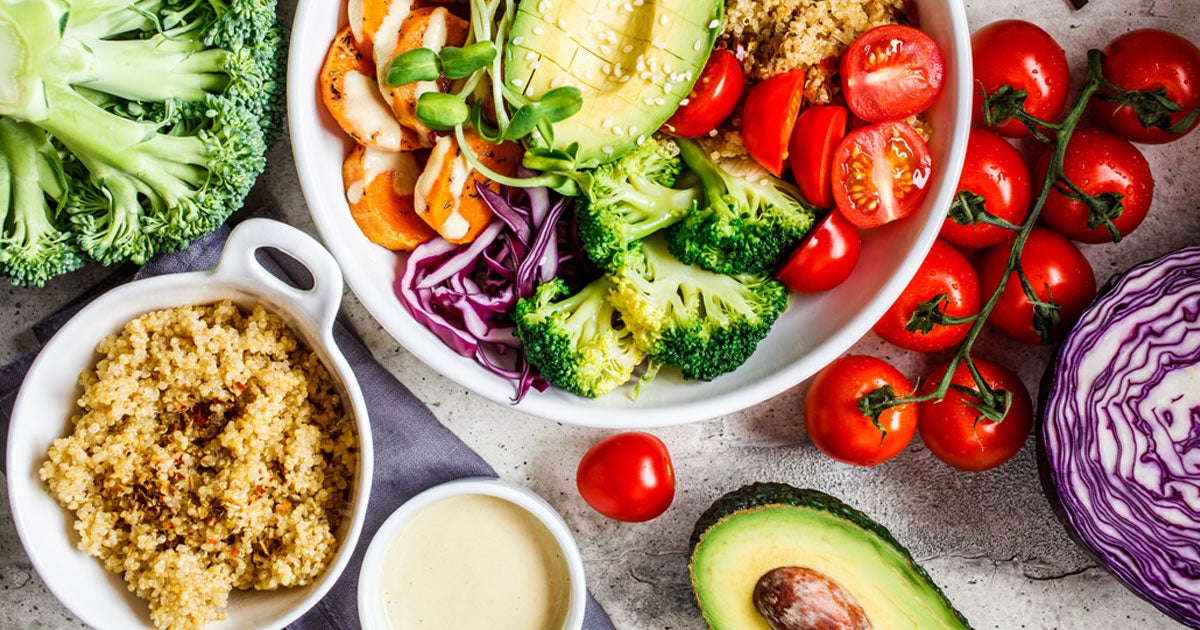Food is the fuel that keeps you going everyday, powering both mind and body. As you get older, you may feel a decline in energy—a prevalent issue among older adults. This makes feeding yourself with the right balance of nutrients, vitamins, and minerals on a regular basis even more important. The United States Department of Agriculture’s MyPlate Plan provides basic guidelines on what portion of each food group you should be consuming. Let this serve as a basis in guiding your eating habits, then take a look at the below tips on getting good nutrition.
Master Some Basic Senior-Friendly Recipes
The good news is that now that you are retired, you have more time than before to focus on nourishing your body with healthy foods. Preparing dinner won’t be a task you have to rush to get done after work. You can make cooking a new and enjoyable hobby, something that you devote energy to and transform into a social activity. Your friends and family certainly won’t complain about your new past-time!
To get started, search for senior-friendly recipes online. For a balanced breakfast, whip up a bowl of oatmeal with berries, or pair whole wheat toast with a poached egg. Load up on plenty of veggies for lunch by making a quinoa salad. Lamb and potatoes make for an easy dinnertime meal.
Take an Age-Appropriate Multivitamin
Even with careful attention to what you are eating and a balanced approach to your food and drink intake, you might not be able to get all the nutrients you need. In fact, the majority of Americans (regardless of age) don’t get a full helping of the recommended daily allowance of vitamins and minerals from what’s on their plates. A multivitamin is an easy solution. Take one per day to supplement your diet.
There are many senior-specific formulas available that specifically target items older people tend to lack, such as vitamin B12. Many older adults have trouble absorbing it naturally through food sources. Note that vitamins are not a quick fix, however, and that you can’t use them to replace a healthy diet.
Add Prebiotics & Probiotics to Your Diet
In addition to a multivitamin, you may consider adding prebiotic or probiotics to your diet. These foster the good bacteria in your gut by replenishing and nourishing your body’s microbes. A healthy gut flora not only aids processes like digestion, it also supports mental well-being.
You can get prebiotics and probiotics naturally from foods like beans, legumes, and sauerkraut. Add in more high-fiber foods to help support the digestive tract. Ideal options for seniors in their later years are yogurt and kefir. These give you the nutrients you need without requiring heavy chewing. There are also prebiotic and probiotic supplements available.
See Your Doctor to Determine What’s Missing
If you still find your energy flagging, talk to a healthcare professional. They can run a simple blood test to see if you are missing any essential nutrients. With this information, they can help you come up with a tailor-made plan to address any gaps in your diet. If your blood panel appears normal, they can also check for other signs of lagging energy like an underlying disease.
While it may take some time and attention to get the dietary balance just right, it will be well worth the effort. You want to enjoy your later years after retirement—traveling, socializing, and enjoying your favorite hobbies—not spend them feeling exhausted. Follow the above guidelines and you will be well on your way to getting the nutrition you need as a senior.




